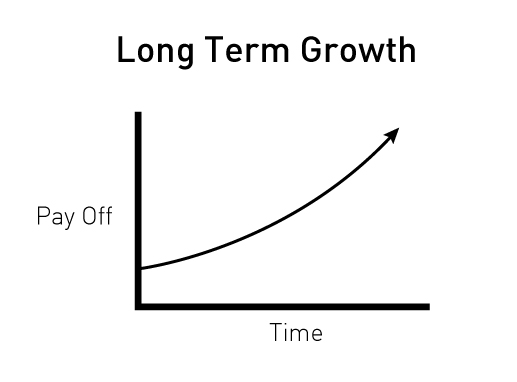How digital [ads] will change the tv experience
I was thinking about this last night – upon hearing the news of the Amazon set top box that’s rumored to release next week.
What happens when you have a fully digital tv experience, with ads you can engage with?
Here’s what happens:
1) Real Time Bidding
I was at an Ad:Tech session about this last year, their conclusion is that real time bidding won’t happen on Tv. I disagree. Once you can do real time bidding you’ll want to, to maximize the return. There will be some nuances (i.e. tv shows advertising currently being booked out in advance) but over time brands will want to bid up certain times.
2) Advertising is going to flex in terms of time
I think ads will get shorter, more 6 second ads, more 15 second ads. But then they’ll also get longer. How? Well you’ll have the choice to find out more – which may take you on a journey that lasts 10-15 minutes. I.e. imagine how you watch a streaming show, then click on an ad link go away explore that then come back. This will come back to the tv.
3) Tv viewing will be on our terms
But there will also remain this idea of getting around the tv for a live event. Why? Brands will capitalize on the monopoly of a time/place and want exclusiveness on that. House of Cards – yes you can watch it all at once but you can only watch it when they first launch it – they still control that release.
4) More and more behind the scenes
The same way as the internet feeds those that seek more information – tv shows will have more behind the scenes; interviews, live tweets from the crew. Fans will be able to get richer & deeper relationships with the shows they love.
5) Scripted vs reality?
I think these trends will continue but as before you will get greater involvement and ability to participate in the tv shows.
6) Responsive tv formats
The same way the web has developed a responsive theme for handling websites across different viewing screens, technology methodologies will evolve so you can do this much easier and be aware at the production end how it’s going to work in the different formats. When shooting for mobile you don’t get the same impact with the ratios you use for tv.
7) Digital will be in the content
I think rather than overlays, digital ads will be like regular ad breaks, in the content itself. Product placement will continue its growth. But I think overlays just interfere with the experience and richness of content.
8) Tv is a verb
Tv is becoming a verb really – for leaning back and enjoy a show. Not lean forward on your laptop. Tv is sitting down relaxing and consuming entertainment (whether it’s on your tablet, phone or laptop) but it’s that different mode of consuming content. Content that is lean forward will have different rules apply.
What’s not gonna happen?
This is super subjective but here’s a few things discussed that I don’t think will happen and why.
On Screen Commerce
There’s a lot of discussion of on screen commerce – buy what you see. I don’t see that flying, as media production in general try to use ambiguous or unbranded goods (other than product placement) to maintain focus on the story. And product placement generally don’t want to advertise the fact they’ve paid to be in there.
Ad Overlays
I don’t think anyone wants to have ads overlay their Game of Thrones.
A true pay for no ads
Ads pay for 75% of tv costs and cover around 70% of the satellite costs to deliver content to you. I just don’t see consumers willing to make up all of that gap when it can be subsidised by ads. We even see Hulu doing this. We will see more crowd funded intiatives though which I think will be the exclusion to the rule (see: Veronica Mars on KickStarter).
—
And that’s it.
Interesting food for thought, the future of tv, how it will change and what actually won’t change. The biggest undercurrent in my mind is (and like any major societal change) that it will be as the next generation become decision makers in the production of tv – they’ll bring through the big change.

